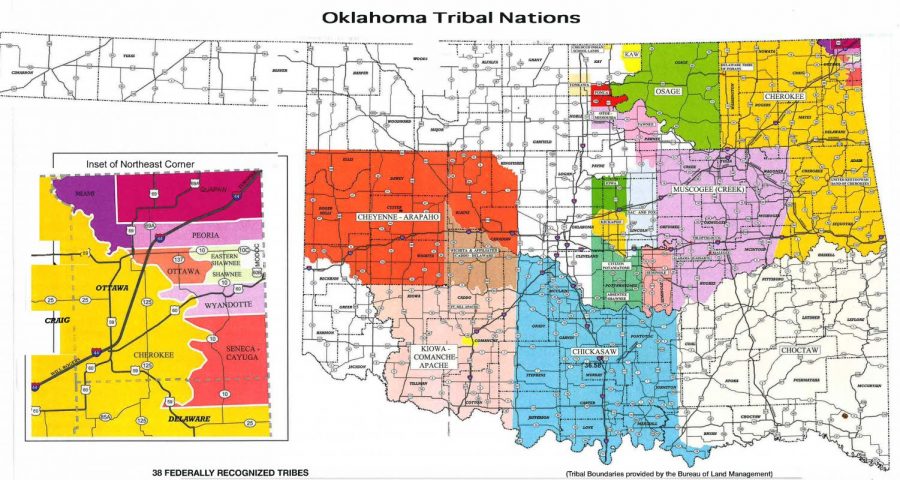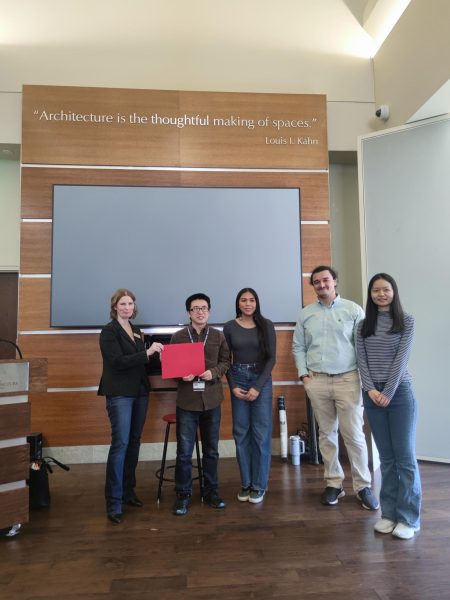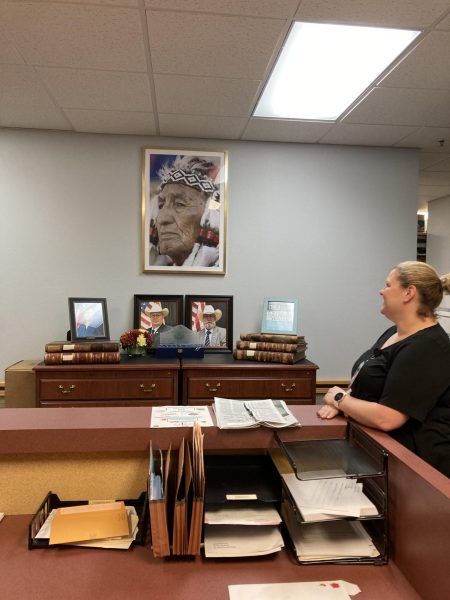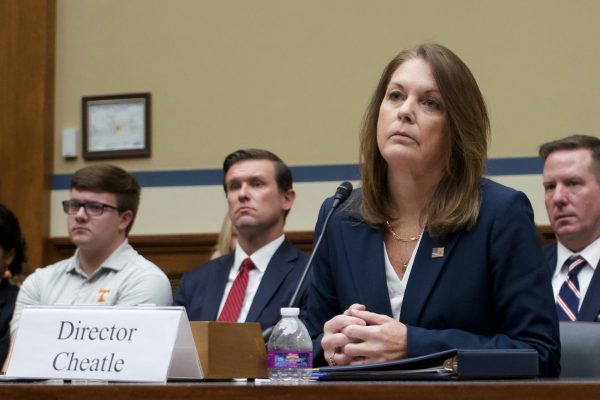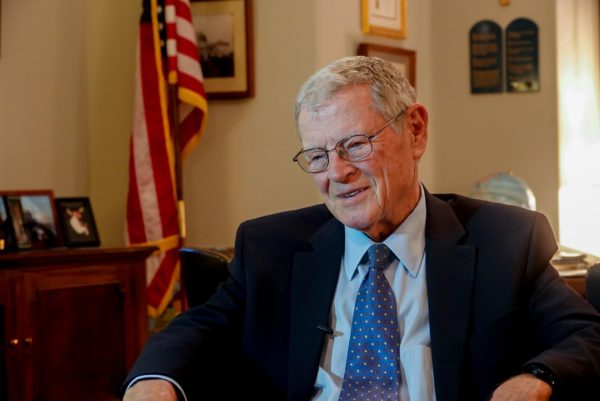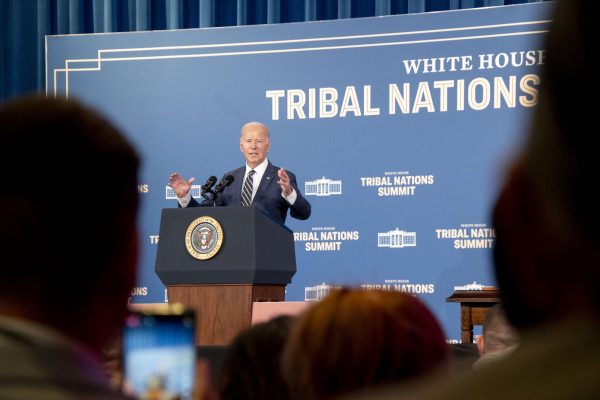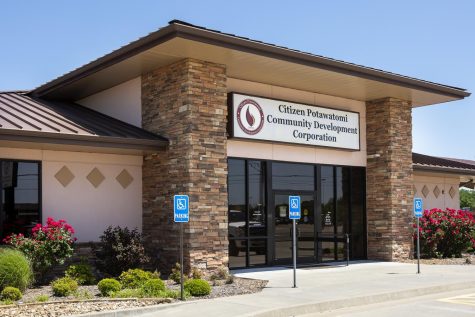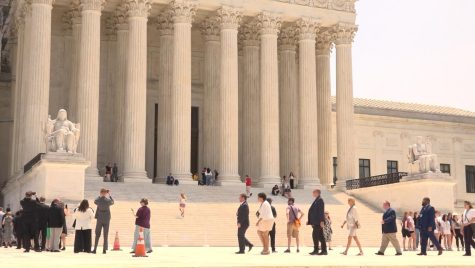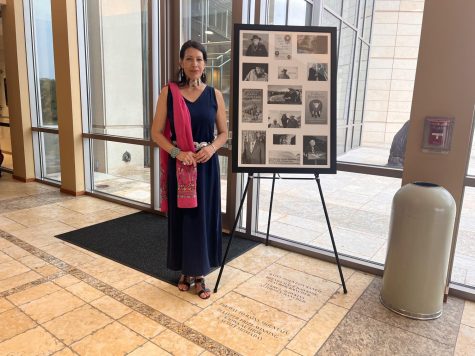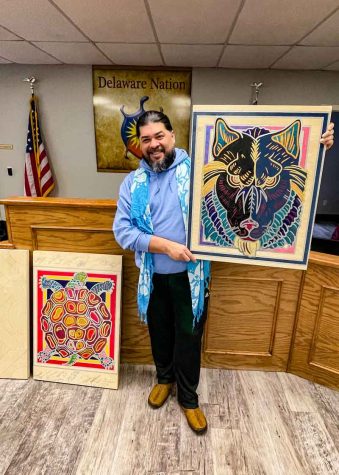Quapaw Nation’s reservation affirmed as Indian Country under federal law
WASHINGTON — The Oklahoma Court of Criminal Appeals ruled unanimously Thursday that Congress never disestablished the Quapaw reservation.
The decision by the appeals court follows the U.S. Supreme Court’s landmark 2020 McGirt v. Oklahoma decision affirming the Muscogee (Creek) Nation’s Reservation boundaries.
The Quapaw Nation is the first Tribal Reservation in Oklahoma outside of the Five Tribes to be affirmed using the Supreme Court’s McGirt decision.
It has since been extended to include the Five Tribes — Cherokee, Chickasaw, Choctaw, Muscogee, and Seminole tribes in Oklahoma.
The case involved then-38-year-old Cherokee Nation citizen Jeremy Lawhorn, who was charged with one count of lewd and indecent acts with a child under 16, a crime committed on the Quapaw reservation in Ottawa County in northeast Oklahoma in August 2020.
Native American individuals who commit felonies on reservations have been tried in federal court since the Major Crimes Act decision of 1885. Lawhorn’s attorneys argued he should be tried under the Major Crimes Act, like others across Indian Country.
“We hold, for purposes of federal criminal law, the land upon which the parties agree Lawhorn allegedly committed this crime is within the Quapaw Nation Reservation and is Indian Country. The ruling in McGirt governs this case and requires us to find the State of Oklahoma is without jurisdiction to prosecute Lawhorn,” the court ruled in an opinion written by Scott Rowland, the appeals court presiding judge.
“The Lawhorn decision rightfully affirms what we have always known – The Quapaw Nation is Indian Country. Our Reservation still exists, and our sovereign rights are what we have always known them to be,” said Quapaw Nation Chairman Joseph Tali Byrd in a statement.
“The Quapaw Nation has proactively taken the necessary steps to address public safety within our jurisdictional boundaries by upgrading our court system and providing increased support to the Quapaw Nation Marshals and local law enforcement,” Byrd said.
Oklahoma Governor Kevin Stitt blasted the appeals court decision that was based upon the Supreme Court McGirt decision.
”The Supreme Court ruling continues to tear Oklahoma apart,” Gov. Kevin Stitt (R-OKC) said in a statement. “One of the most basic functions of a state is the ability to enforce the rule of law and keep the public safe. … Oklahoma has lost much of that ability in the eastern half of our state, and as of today, that now includes another portion of Ottawa County. McGirt not only creates a public safety nightmare, but threatens the sovereignty of our state to its core.”
In response to the McGirt ruling, the tribe has been working to move cases to tribal and federal court in collaboration with the Ottawa County District Attorney’s Office and the US Attorney in the Northern District of Oklahoma, according to the release.
The Quapaw Nation is a federally recognized tribe comprising about 5,600 citizens with headquarters in Quapaw, Oklahoma. Known as the O-Gah-Pah or “Downstream” people, their ancestral homelands are traced from what is now the Ohio river, west to the Mississippi River to present-day St. Louis, south across present-day Arkansas and eastern and southern Oklahoma.
The Quapaw Tribe is currently awaiting action on legislation that would authorize $137.5 million in payments to conclude a 17-year dispute over the federal government’s mismanagement of tribal assets.
The bill recommended awarding $137.5 million to the tribe for environmental damage done to Tar Creek, an area comprising 40 square miles of northeast Oklahoma including Picher, Cardin, Hockerville, Quapaw, North Miami, and Commerce.
Nancy Marie Spears, a Gaylord News reporter based in Washington, is an enrolled member of the Cherokee Nation of Oklahoma. Gaylord News is a reporting project of the University of Oklahoma Gaylord College of Journalism and Mass Communication. For more stories from Gaylord News visit GaylordNews.net.

